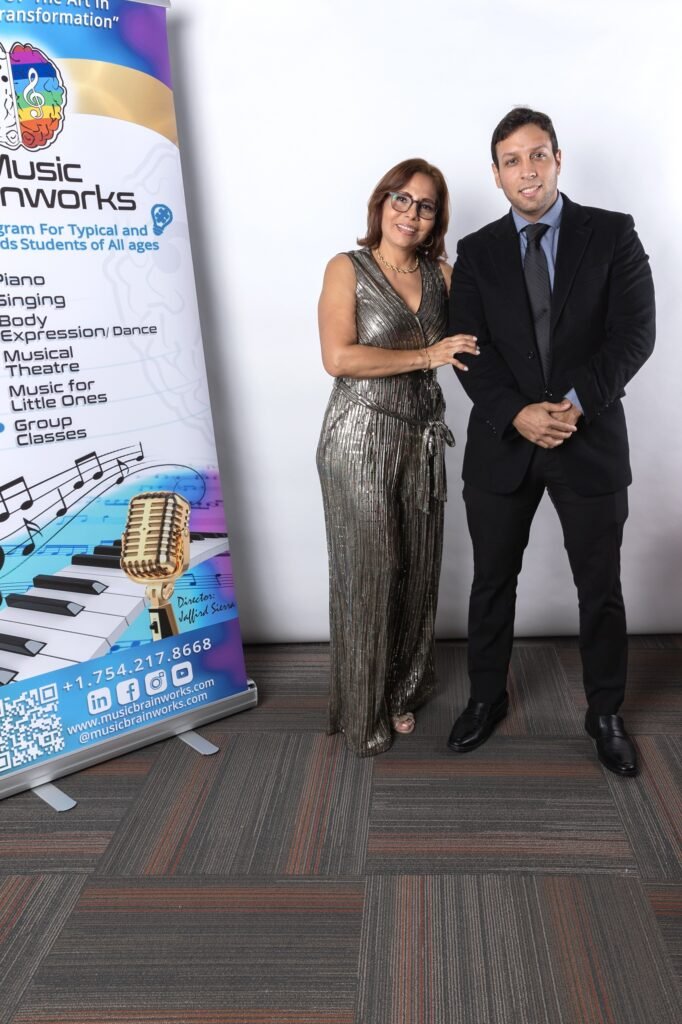
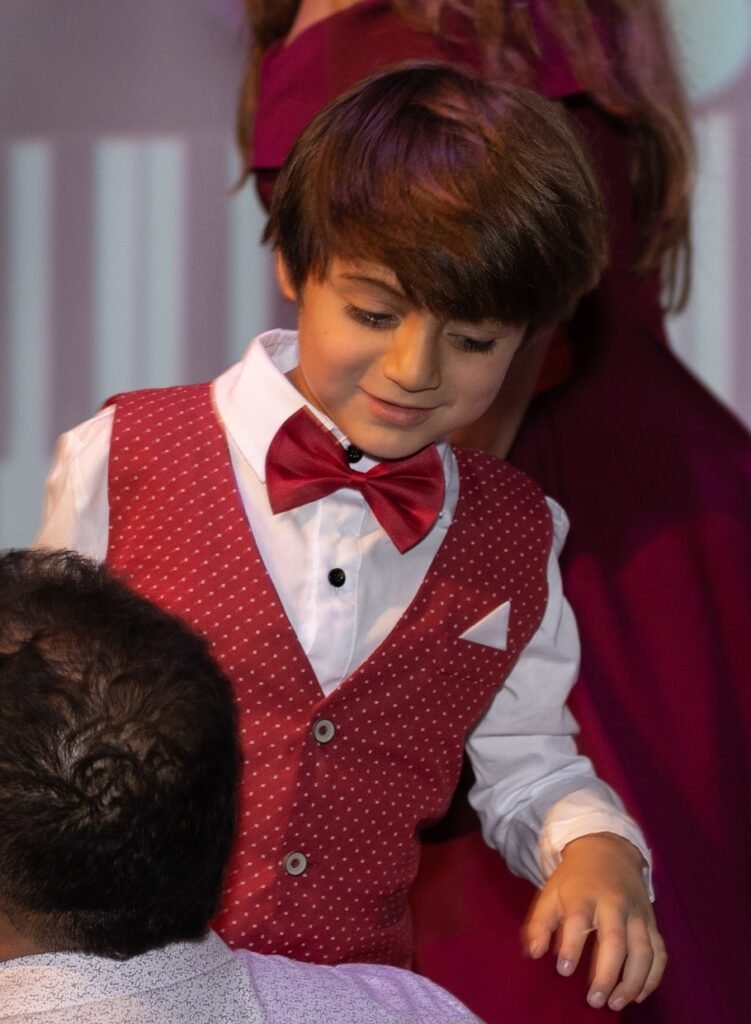
Music is a powerful medium that can help the development of special needs children. Almost everyone in the world likes music. The various musical instruments, the wide array of genres and applications in cultures, and the phenomenal way it causes people to move their bodies. Studies are just starting to scratch the surface of the application of music for learning, as well as emotional therapy and social skills, for all children including those with special needs.
Many parents and educators of special needs students know that there are a variety of challenges a special needs child can encounter on a daily basis. Depending on their specific disabilities, they may have trouble with communication, motor skills, attention, and even comprehension. Music education can encourage the development of these skills and more.

Effects Music Has on the Brain
Our brain has many channels and neural connections, called synapses that are generated by music. These synapses stimulate the brain and promote creativity, cognitive thinking, motor skills, and emotional development. When learning how to play instruments, dance, and perform, other parts of the brain are stimulated including the sensory, prefrontal, auditory, the cerebellum, and the hippocampus. Music promotes neuroplasticity in the brain, which allows the brain to change over time and constantly renew itself. In children with special needs, regardless of what their special needs may be, music provides a large variety of benefits ranging from relaxation and self-confidence to vocalization and social skills.
1. Music is a Motivator
Children with special needs can often find daily tasks challenging. This can discourage them from practicing or becoming self-sufficient in many ways. Music has been found to be a great motivator for practicing certain skills. For example, if a child has difficulty communicating or developing their motor skills, singing can be a fun activity that seems more like playtime than practice. They are more willing to sing along with their favorite song or movie and work through the words they may be struggling with.
2. Music Activates Multiple Sensors
Singing isn’t just vocal practice, it also promotes word memorization and increasing attention spans. This is also true for playing instruments, especially percussion instruments, such as drums or the piano, that require focused attention to rhythms. The simple act of a child playing the drum engages many systems at once:
- Holding the drumstick engages their tactile system.
- The drumming action engages their kinesthetic system.
- The sound of the drum engages their auditory system.
- Tracking the motion of their arms and the drumstick engages their visual system.
The variety of these simulations happening at once is like a strength training exercise for their brain, disguised as playtime.
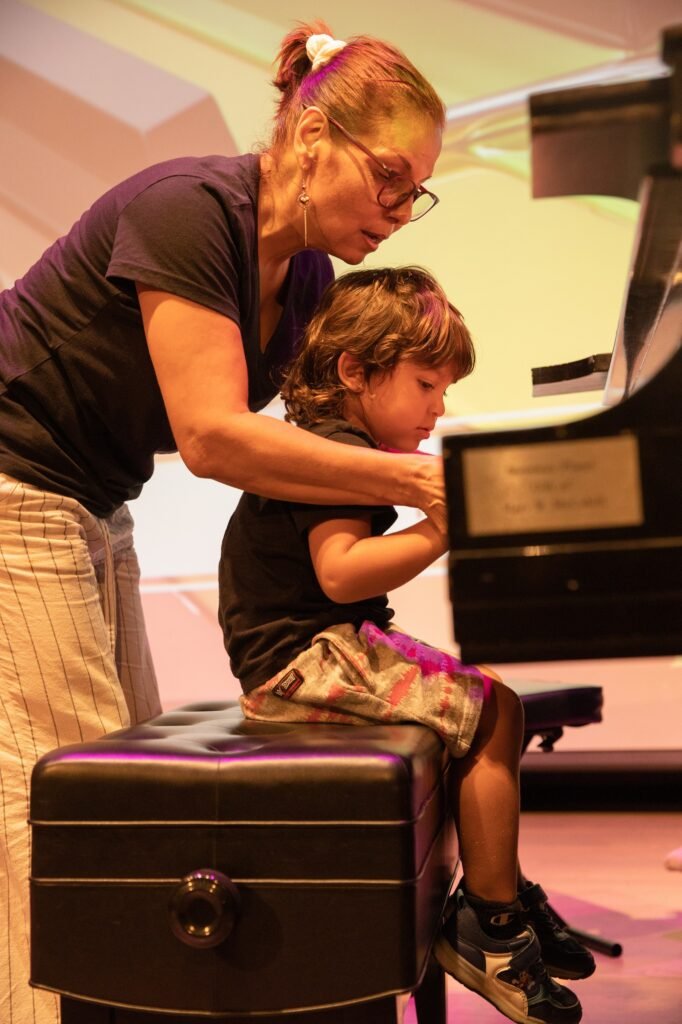
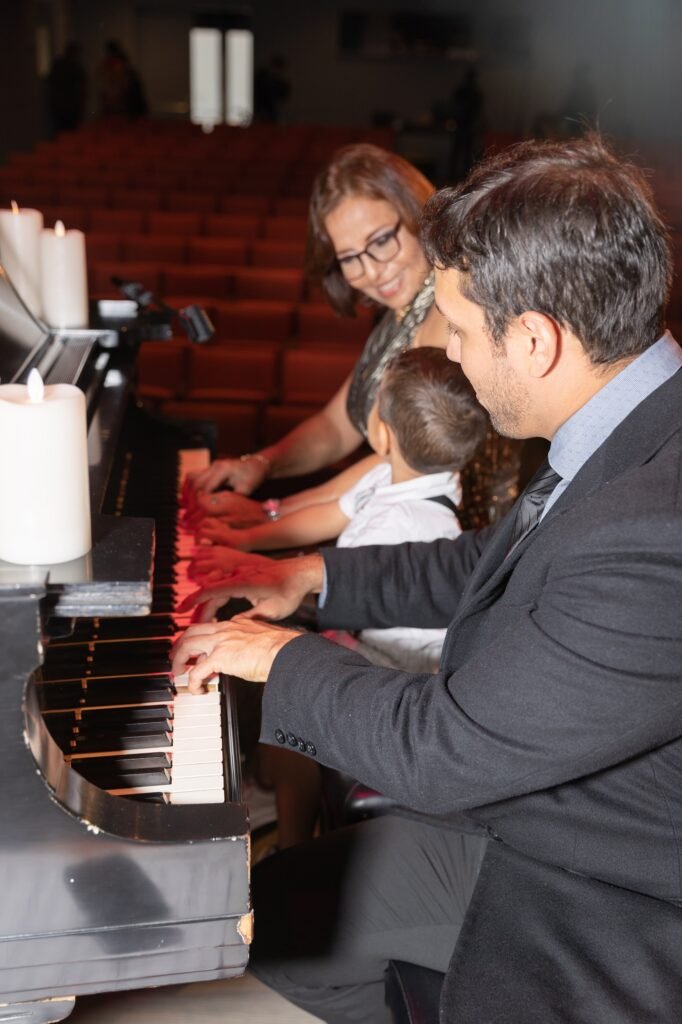
3. Music is Processed in the Left and Right Hemispheres of the Brain
Whether playing a musical instrument, singing along to a song, or simply actively listening to music, the brain is getting exercise. Music is simultaneously processed in the sensory, auditory, visual, prefrontal and motor cortex, as well as the hippocampus, cerebellum, and amygdala. Stimulating these different parts of the brain is highly important for brain development, especially for children with special needs.
4. Music Improves Learning Abilities for Special Needs Kids
All of these firing synapses and engaged systems in the brain link to other developmental benefits. Many kids with special needs, such as those with autism, seek out visual and/or auditory patterns, and music is a great medium for them to catch onto. Learning how to play an instrument encourages focus and comprehension of timing and rhythm, while providing an outlet to express their creativity. Music education can also help promote a greater sense of logic and organization in children with special needs because it involves sound and rhythmic patterns. Practicing playing musical instruments that requires swift motions such as the guitar, trombone, violin, or drums improves motor and multitasking skills. It also tones cognitive areas and increases the development of gray matter in the brain which improves memory.
5. Music Therapy Can Help Kids with Social and Emotional Development
Do you ever feel more relaxed after listening to a favorite song or have you ever sung a song when you were feeling emotional? Music is a powerful emotive tool. Learning music can promote self-confidence and awareness because it improves their communication and social skills.
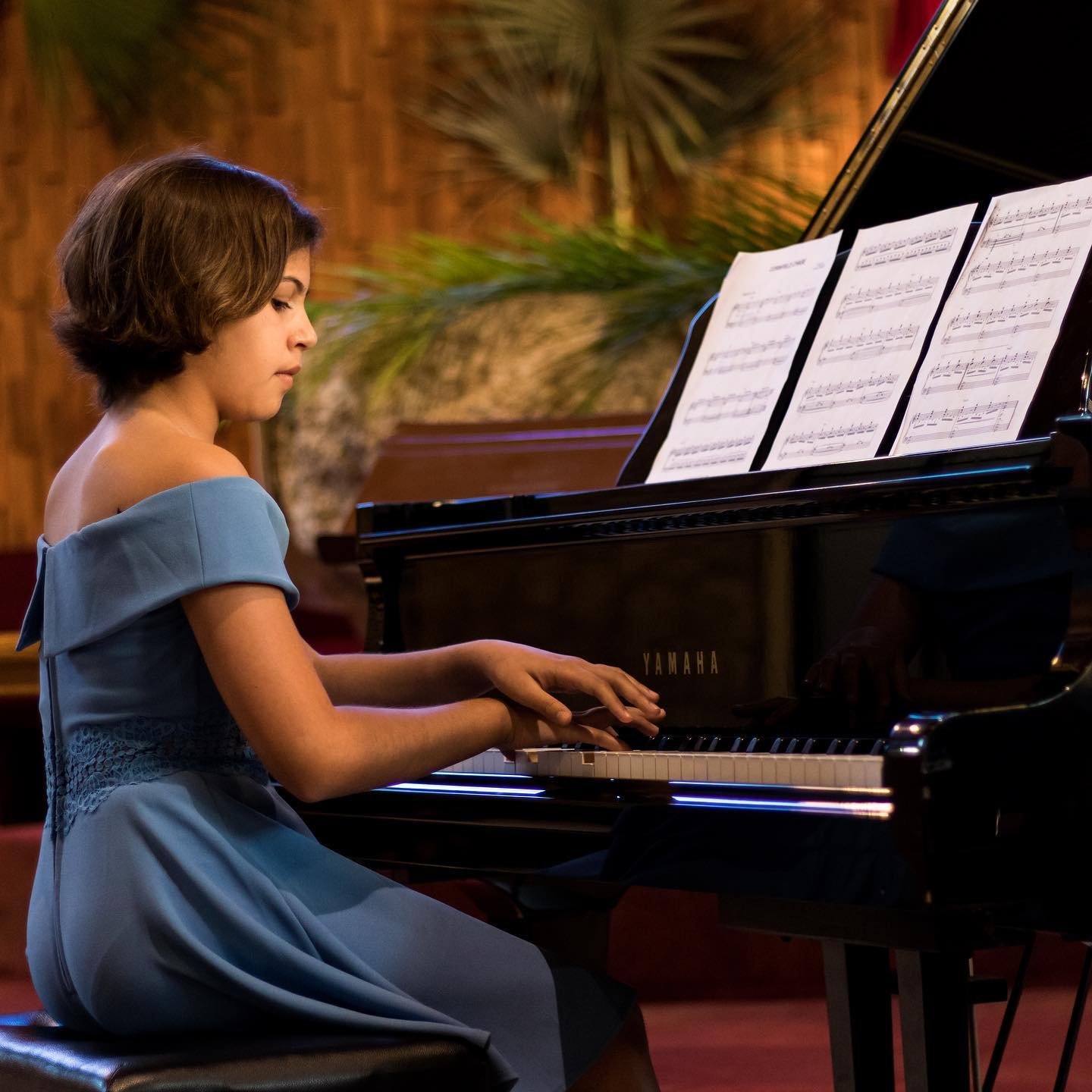
6. Music is Helps with Non-Verbal Communication
Most special needs children often find it hard to communicate verbally. They know what they want, but they have a challenging time informing others of their needs. Other times they have difficulty processing the words they are being told. Music is one of the few interactions that doesn’t need words. They can play loud or soft, fast or slow, and express themselves alone or with others.
7. Music Supports Bonding
Music across the ages has been a socially connecting medium. From grand balls and musical theatre to street performers generating a crowd – people are naturally drawn to music, and therefore to each other. Oxytocin, the “bonding” hormone, is also created when making or listening to music. With music, you can encourage social interactions, introduce your special needs children to new friends and strengthen the bond between them and their family members.
At Music Brainworks, We Help All Children
Through the Power of Music
We understand that no two children are the same. When working with special needs children, we take the time to find out which methods work best for their specific disability. At Music Brainworks, we understand the connection between music and how it helps in brain development for both typical & special needs students. Kids learn best in a positive teaching environment and become more confident in their abilities with positive reinforcement.
With 30 years of experience in this field, we have a love and passion for music. Our programs have been specially designed to help each student grow individually as well as socially. Our goal at MUSIC BRAINWORKS is to teach students of all ages, children to adults, with structured methodologies and comprehensive musical education.
